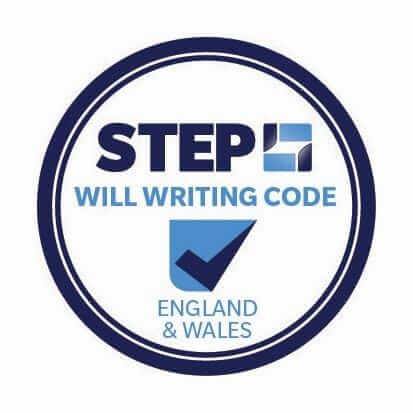A will is a legally binding document that sets out your wishes for when you pass away. A will typically covers how your assets can be protected and delivered to your loved ones after you die.
If you die without a valid will, there’s no guarantee your assets will pass on to your loved ones as you intended. This is often the case when a will is poorly drafted or is out of date, failing to consider your current circumstances. This can cause a great deal of stress, upset and financial difficulty for those left behind.
However, a will isn’t just about naming who should inherit certain assets. In a will you can also decide who will be in charge of distributing your assets and who should become the guardian of your children (if they’re aged under 18). You may also make clear your preferences about your funeral arrangements.























